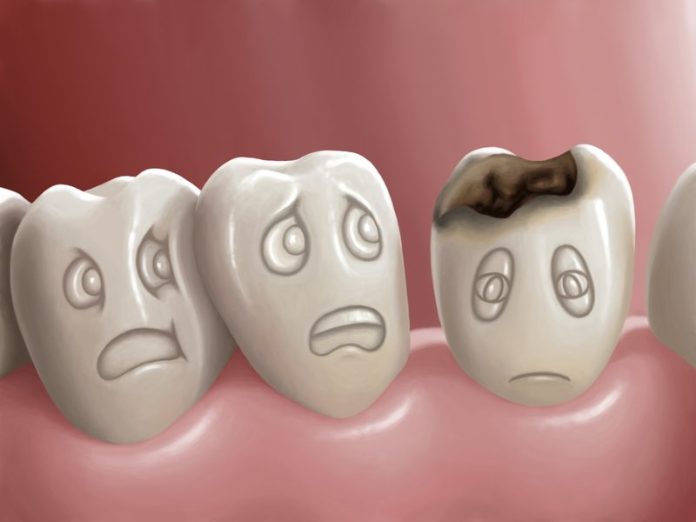A cavity is a common dental problem that occurs when decay erodes the tooth enamel. If left untreated, cavities can lead to tooth sensitivity, pain, and eventually tooth loss. It’s important to catch cavities early to prevent further damage to your teeth. In this blog post, we will discuss how to know if you have a cavity.
What is a Cavity?
A cavity is a hole in a tooth that is caused by decay. Tooth decay occurs when the bacteria in your mouth create acids that dissolve the enamel and dentin of your teeth. If the decay is not removed, it can progress and create a cavity. Cavities can occur in any tooth, but they are most common in the molars and premolars.
Symptoms of a Cavity
The early symptoms of a cavity are often mild and may go unnoticed. However, as the cavity progresses, the symptoms become more noticeable. Here are some common symptoms of a cavity:
- Tooth sensitivity
- Pain when biting down
- Toothache
- Visible hole or pit in the tooth
- Discoloration of the tooth
- Bad breath
- Pus around the tooth
- Swelling around the tooth
If you experience any of these symptoms, it’s important to see your dentist as soon as possible.
Diagnosis of a Cavity
Your dentist can diagnose a cavity during a routine dental exam. Your dentist will examine your teeth and look for signs of decay. They may also take an X-ray to check for decay between the teeth. If your dentist finds a cavity, they will discuss treatment options with you.
Treatment of a Cavity
The treatment for a cavity depends on the severity of the decay. In the early stages, a cavity can often be treated with a simple filling. If the decay has progressed, a root canal may be necessary. In severe cases, the tooth may need to be extracted.
Prevention of Cavities
Preventing cavities is the best way to avoid the pain and expense of treatment. Here are some tips for preventing cavities:
- Brush your teeth twice a day with fluoride toothpaste
- Floss at least once a day
- Limit sugary and acidic foods and drinks
- Drink plenty of water
- Visit your dentist for regular checkups and cleanings
Conclusion
Cavities are a common dental problem that can lead to pain and tooth loss if left untreated. If you experience any symptoms of a cavity, it’s important to see your dentist as soon as possible. Early diagnosis and treatment can prevent further damage to your teeth. By following good oral hygiene habits and visiting your dentist regularly, you can prevent cavities from occurring in the first place.
Khalid Irfan is a Fitness expert who enjoys spending time in gym. He also enjoys being in the outdoors and exploring new opportunities whenever they arise as well as researching new topics to expand his horizons.

